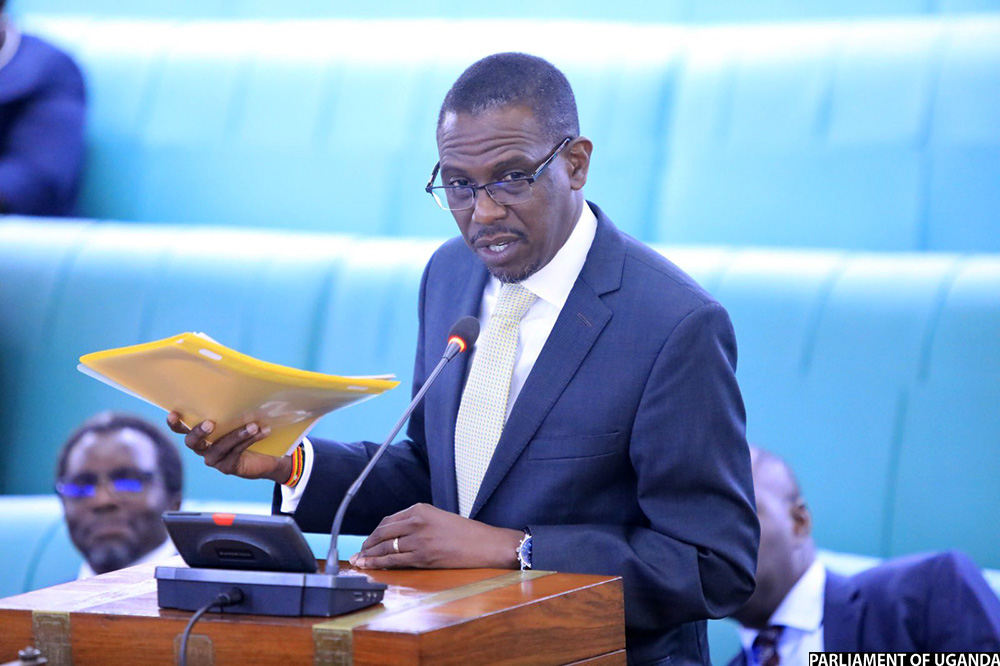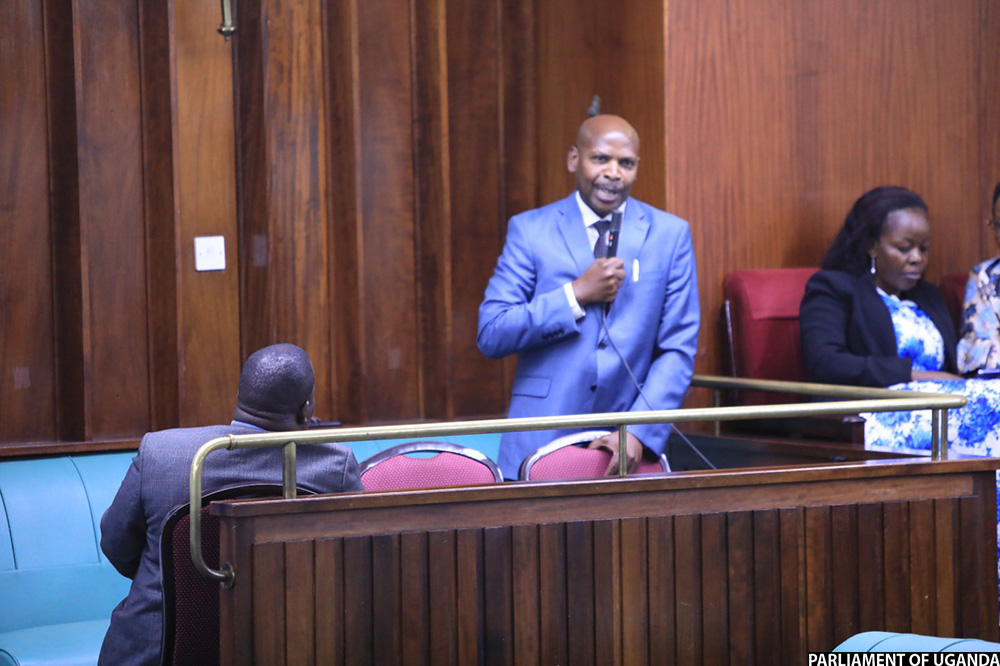Parliament retains representation of special interest groups
During the 1995 Constitution-making process, Ugandans emphasised the need for participatory democracy, ensuring that historically marginalised groups have a voice in governance.
Parliament retains representation of special interest groups
____________________
Parliament has approved the continuation of representation for special interest groups in the House, as provided for by the Constitution.
The decision followed a motion moved on Monday, October 20, 2025, by Justice and Constitutional Affairs Minister Norbert Mao, titled “Motion for a Resolution of Parliament under Article 78(2) of the Constitution and Section 8(3) of the Parliamentary Elections Act, Cap. 177, for Review of Representation under Article 78(1)(b) and (c) of the Constitution.”
The motion, seconded by Attorney General Kiryowa Kiwanuka, sought Parliament’s approval to retain existing provisions on representation for district women and special interest groups, including the Uganda People’s Defence Forces (UPDF), workers, youth, persons with disabilities (PWDs), and older persons.
Under the approved resolution, representation in Parliament will remain as follows: one-woman representative for every district and city.
Special interest groups
The UPDF will continue to have 10 representatives, at least two of whom shall be women. Workers will have five representatives, at least one of whom shall be a woman. The youth, persons with disabilities, and older persons will each have five representatives, with at least one woman in each category.
During the 1995 Constitution-making process, Ugandans emphasised the need for participatory democracy, ensuring that historically marginalised groups have a voice in governance. Article 78 of the Constitution mandates their inclusion as part of affirmative action under Article 32 to promote equality and representation.
Parliament noted that the representation of the army has helped foster respect for constitutionalism and civilian authority within the UPDF, aligning the military with democratic governance.
Article 78(2) requires Parliament to review such representation every five years. The last review was conducted in October 2020, when Parliament retained the existing representation and added older persons as a new special interest group category.
The House agreed that a review was due ahead of the forthcoming general elections to maintain continuity and allow nominations to proceed.
During the debate, Alex Ndeezi (PWD, NRM) called for an increase in the number of special interest group representatives, arguing that while Parliament’s size has more than doubled since 1996, their representation has remained static, declining proportionally from 2% to 0.8%.

Alex Ndeezi (PWD, NRM) called for an increase in the number of special interest group representatives
“If this is not addressed, the representation of special interest groups will decline to negligible levels in the coming years,” Ndeezi cautioned. He proposed increasing the number of representatives from five to ten for each group.
However, Attorney General Kiryowa Kiwanuka opposed the proposal, noting that increasing the numbers would raise costs and could be unconstitutional unless backed by Cabinet approval.
Kiwanuka emphasised that while broader discussions on the issue could continue in future, the immediate priority was to maintain the current arrangement to ensure timely preparation for the next elections.